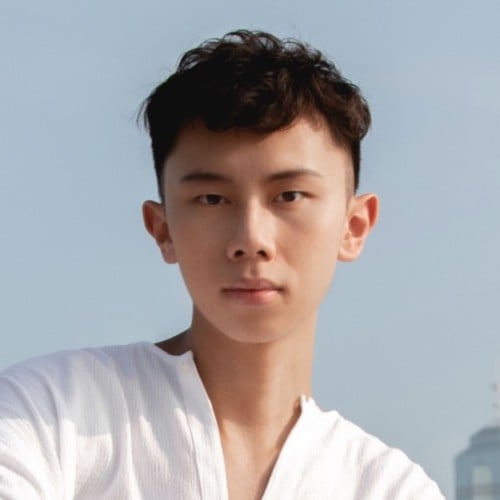 The BME network builds unity among minority (and often marginalised) students.
The BME network builds unity among minority (and often marginalised) students.About a month ago, I attended a discussion organised by the BME (Black and Minority Ethnics) network at my university. It investigated how BME students can succeed in educational institutions that enrol and employ mainly white European students and staff.
I became involved in BME because I was intrigued by the concept of “becoming a person of colour”. We don’t think too much about terms like “person of colour”, “ethnic minority” and so on until we leave our homeland and arrive in the West.
The awakening of my “minority” identity was appalling. Growing up in Hong Kong around people who looked like me and came from similar backgrounds, I’ve never associated myself with the word “minority”. So it took me some time to grasp that the distinctiveness of the political, socio-economic, and cultural context of the Western world had placed me in this category.
“Becoming a person of colour” appeared to be a common theme among the BME community. Some of us travelled across the world to study, to work, or to live – some didn’t make these decisions; they were born into situations that forced them to seek change. Yet, we all could relate to the heightened sense of embracing a new identity.
American civil rights advocate Kimberlé Crenshaw argues that marginalised members of society suffer from multilayered structures of oppression sustained by a hierarchical system of power built upon social constructions (race, gender, class, age, etc), and there are commonalities between the struggles that each member faces. For example, BME students at my university suffer from the challenges of an “attainment gap” – those coming in with the same qualifications are less likely to come out with a top degree than their white counterparts.
The BME network facilitates communication among minority (and often marginalised) students, building unity and solidarity. The common challenges that we face require us to confront them together. However, it’s imperative to realise that, while we share similar structural constraints, we must not substitute someone else’s experience for our own.
Studying at a British university where only 10 per cent of the staff can be identified as BME, and less than 3 per cent are LGB (lesbian, gay, bisexual), it is imperative to promote the awareness of intersectionality among marginalised groups.
While many may label the University of Bristol as a “very white institution” and express negative sentiments based on the lack of diversity, the BME network (and similar organisations) coordinates those voices into legitimate reports and proposals, effectively promoting the change that we need.
Edited by M. J. Premaratne
You might also like:
Hong Kong’s ethnic minorities deserve our respect and empathy

